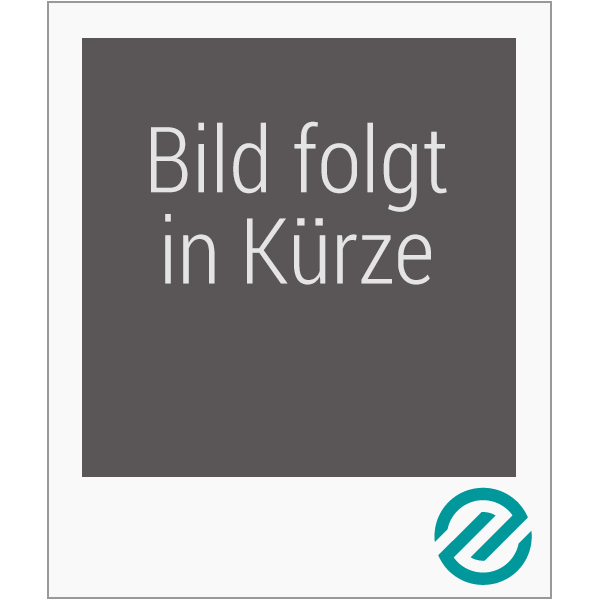This second edition of a very well received advanced textbook retains the chemist's viewpoint in its comprehensive overview of methods for chemical synthesis of inorganic materials.
The second chapter now includes a section on biomorphic ceramics, while one on LEDs has been added to Chapter 3. Chapter 4 now includes a more thorough explanation of borate glasses, with certain sections being completely rearranged. In addition, Chapter 6 has been extensively revised, and a whole new sub-chapter added on coordination polymers.
The general principles and requirements are discussed for each method given, along with selected examples of technically applied materials, as well as the material properties and applications of the resulting products. Furthermore, numerous tables with further examples help in assessing the scope and limitation of the various methods and in choosing a suitable synthesis for any given problem.
Intended for both courses in inorganic chemistry and materials science, this volume is equally valuable for all researchers working on the borderline of these two disciplines.
The second chapter now includes a section on biomorphic ceramics, while one on LEDs has been added to Chapter 3. Chapter 4 now includes a more thorough explanation of borate glasses, with certain sections being completely rearranged. In addition, Chapter 6 has been extensively revised, and a whole new sub-chapter added on coordination polymers.
The general principles and requirements are discussed for each method given, along with selected examples of technically applied materials, as well as the material properties and applications of the resulting products. Furthermore, numerous tables with further examples help in assessing the scope and limitation of the various methods and in choosing a suitable synthesis for any given problem.
Intended for both courses in inorganic chemistry and materials science, this volume is equally valuable for all researchers working on the borderline of these two disciplines.

